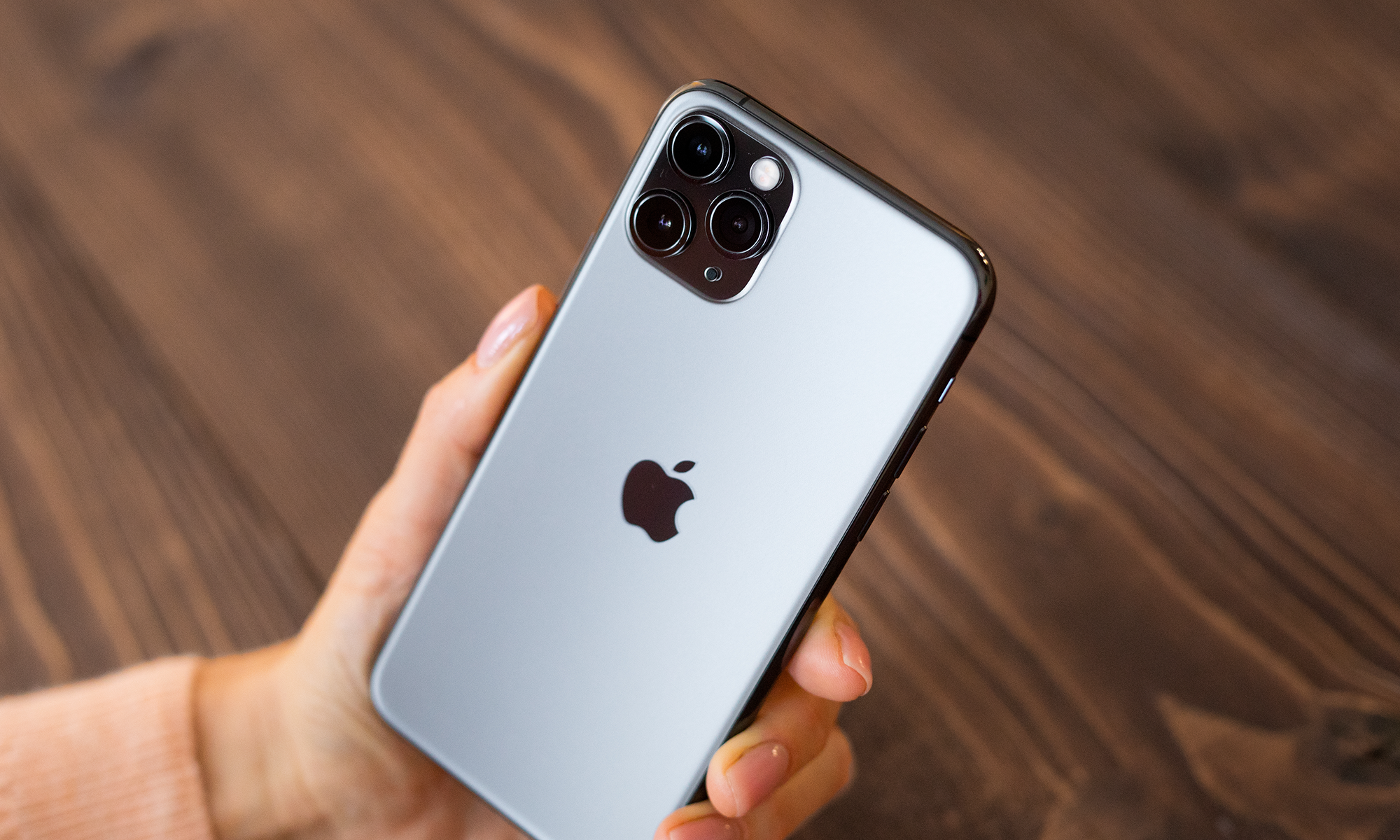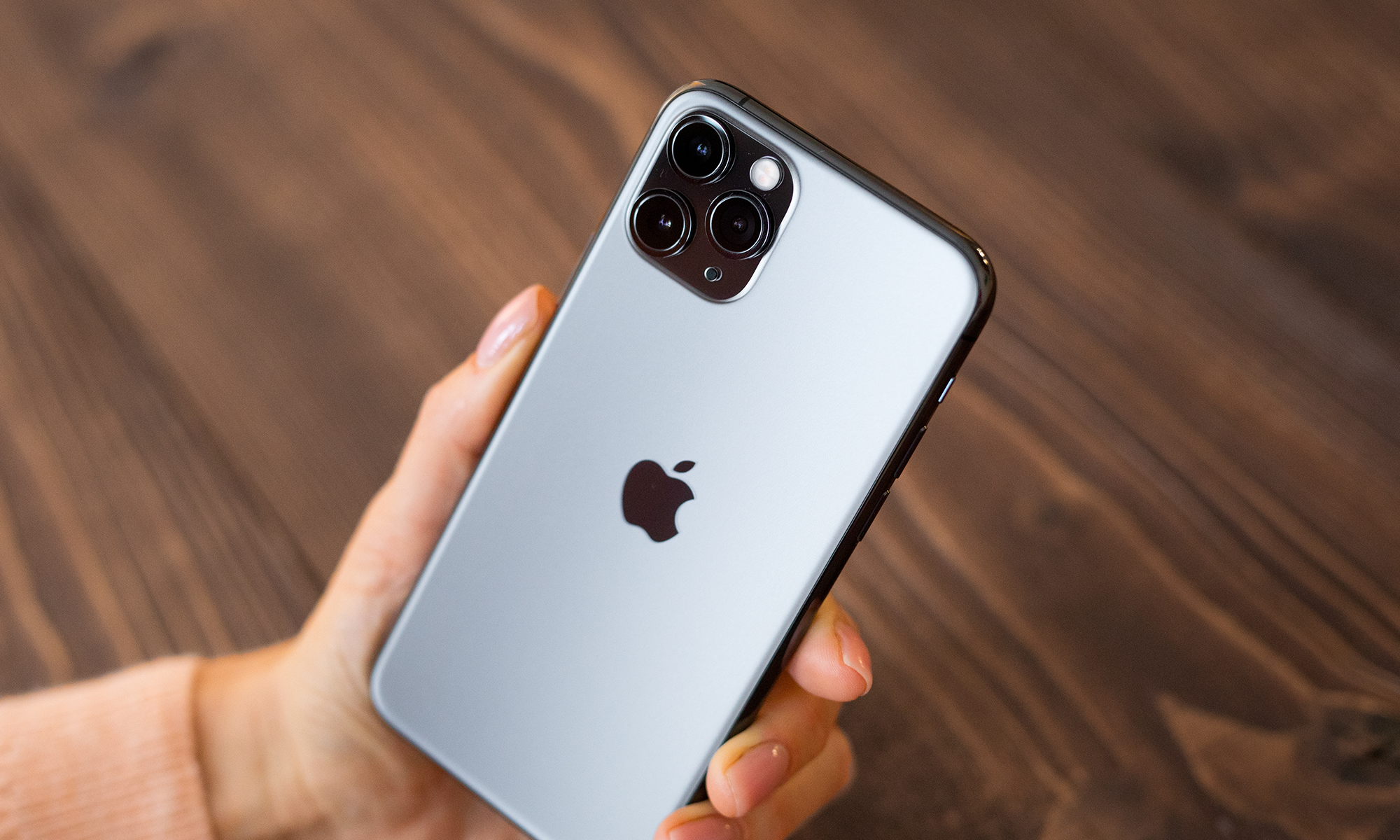Store closures and supply chain disruptions on account of the COVID-19 pandemic have sent the global smartphone market into a tailspin this year. Worldwide smartphone shipments were down 11.7% year over year in the first quarter of 2020 to 275.8 million units, according to IDC, as key markets such as China, the U.S., and Western Europe came into the grip of the disease.
The industry should have been ideally taking advantage of the shift to 5G smartphones in 2020, but that might not be the case anymore as the economic fallout of the novel coronavirus pandemic could delay upgrades and hurt demand. Amid all this gloom, it has been widely reported that Apple (AAPL +0.46%) could delay its 5G iPhone on account of a production delay.
However, that may be a good thing for Apple. Let's see why.

Image source: Getty Images.
5G smartphone adoption could run into short-term headwinds
Strategy Analytics reports that 5G smartphone shipments in the first quarter of 2020 shot up to 24.1 million units as compared to 19 million units that were shipped in all of 2019. The market was dominated by Samsung and a clutch of Chinese original equipment manufacturers (OEMs) as Apple missed out due to the lack of a 5G device.
However, 5G smartphones represented less than 10% of global smartphone sales last quarter. This means that the market is currently not big enough to move the needle substantially for Apple, as the Cupertino-based company was expected to move 200 million iPhones this year.
Moreover, it is unlikely that the first-quarter spurt in 5G smartphone sales will continue in the next couple of quarters. Smartphone giant Samsung has already warned that any potential delays in the roll-out of 5G networks could negatively impact its business. Jefferies analyst Edison Lee thinks that 5G smartphone sales could be weaker than expectations thanks to limited coverage and pricing of the new devices.
DigiTimes estimates that the overall smartphone market could shrink 15% in 2020 to 1.15 billion units. As a result, it doesn't seem right to expect pricey 5G smartphones to set the market on fire while the global economy and the overall industry takes a beating. This indicates that Apple's rumored 5G delay may not prove costly, but it could turn out to be a blessing in disguise.
Apple's 5G iPhone delay could be an advantage
According to the latest supply chain rumors, Apple will start producing the next generation iPhone toward the end of July this year, a month later than usual. This is likely to push the launch date of Apple's next-generation devices to October, though don't rule out further delay due to supply chain challenges.
However, a delay of a month or two won't matter in the end, as the next-gen iPhones could arrive at a time when the smartphone market starts picking up momentum. IDC estimates that the smartphone space will achieve annual growth only in the fourth quarter of 2020. There has been a partial recovery in markets such as China, but that's mostly due to pent-up demand and is unlikely to be sustainable.
Apple, for instance, shipped 3.9 million iPhones in China in April as compared to 1.5 million shipments in the prior month. Overall smartphone shipments in China shot up 94% month over month in April to 40.8 million units, as per the China Academy of Information and Communications Technology.
But one shouldn't forget that March was a disappointing month for smartphone sales in China and April's growth was coming off a small base. The economic fallout of the COVID-19 pandemic is expected to hurt sales in the coming months. According to IDC research director Nabila Popal:
While the supply chain in China started to recover at end of the quarter, as IDC expected, major economies around the world went into complete lockdown causing consumer demand to flatline. Consumers get increasingly cautious about their spending in such uncertain times and it is hard to think smartphone purchases won't suffer as a result.
Third-party estimates across the board expect the global smartphone market to contract in 2020. A turnaround is expected only next year, with CCS Insights calling for 12% growth in 2021 following an estimated 13% drop this year. This broad market weakness is negatively impacting sales of flagship 5G devices such as the Galaxy S20 line from Samsung.
This is why a delay in the launch of a 5G iPhone may actually be a good thing. More importantly, the 5G smartphone space is in its early phases of growth, and 5G smartphones will take some time to attain critical mass. CCS Insights predicts that 5G devices will account for 58% of smartphone sales in 2024, which would be a big increase over their current market share of less than 10%.
As such, Apple won't miss out on the 5G gravy train. It could end up dominating the space thanks to a massive installed base of users who are waiting to upgrade and remain a top tech stock taking advantage of the next-generation wireless network.






